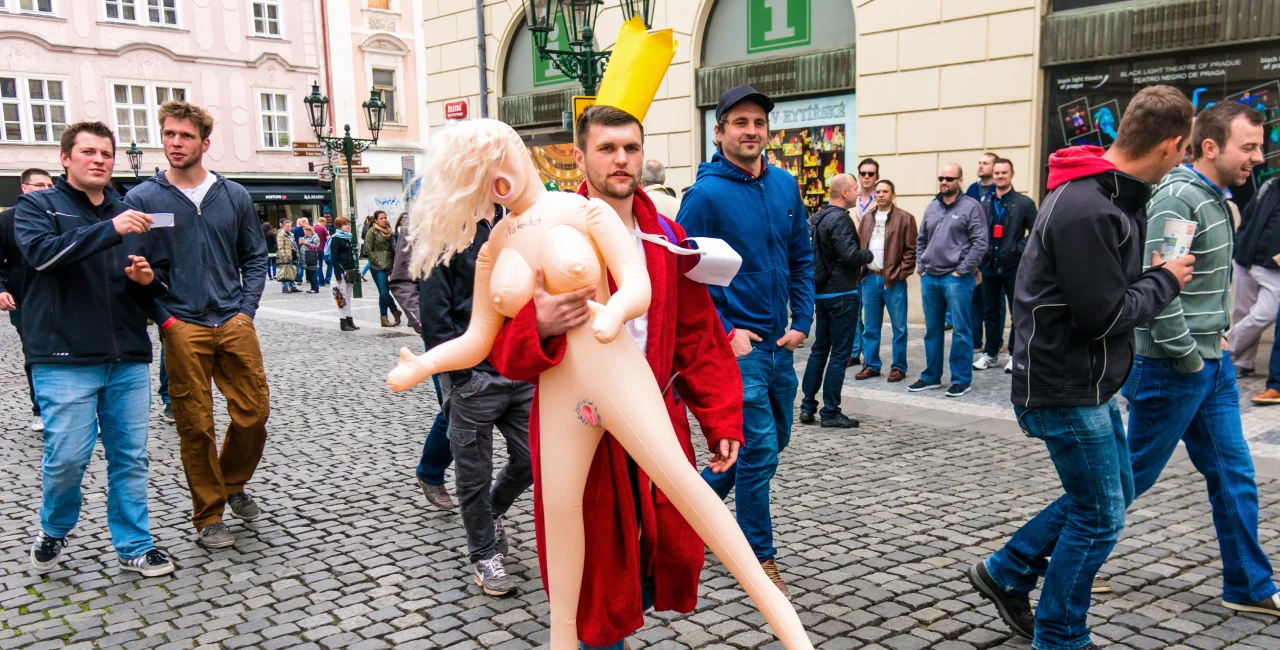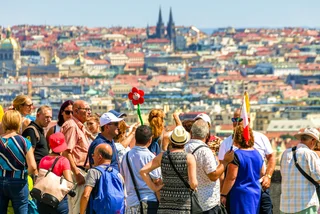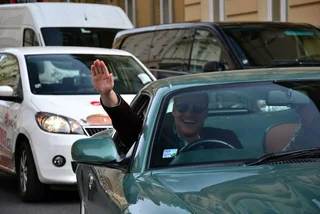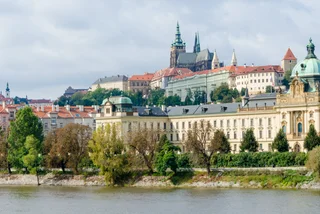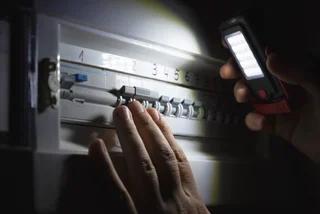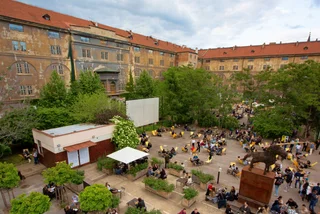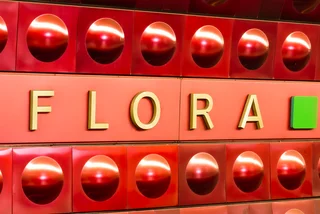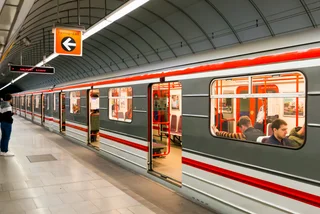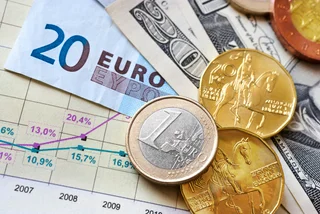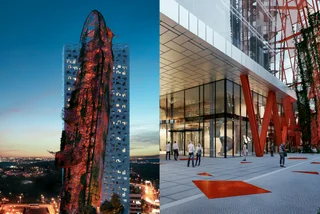Prague’s historic center may be on the verge of a transformation after residents voted in a local referendum to rein in noisy nightlife, electric scooters, and late-night alcohol sales; a collective push to reclaim peace in the city’s most visited district.
Residents of Prague 1 voted to curb noisy nightlife, e-scooters, and late-night alcohol sales in a local referendum whose results will guide city leaders as they decide what changes to implement.
Held alongside the weekend’s parliamentary elections, the vote asked residents to respond to seven yes-or-no questions about quality of life in the city center. Because most answers were positive, Prague 1’s leadership must now begin drafting measures to reflect the results. The referendum results are binding.
The referendum signals a shift in how locals view the balance between tourism and livability. Measures approved include restricting shared scooters, regulating outdoor noise from bars and riverboats, and limiting alcohol sales in convenience stores after 10 p.m. Residents also supported ensuring round-the-clock access to barrier-free public toilets along both banks of the Vltava River.
“The city center should not be an open-air party zone,” a Prague 1 district representative said after the results were announced. “People who live here deserve to sleep, walk safely, and enjoy their homes without constant disturbance.”
What do Prague's residents say?
According to the referendum results, eight in 10 people voted in favor of Prague 1 adopting a measure prohibiting the operation and parking of electric scooters in the district. More than 82 percent of citizens want the city district to take all possible steps to restrict their use and parking in public spaces, while about 70 percent support measures to effectively regulate short-term apartment rentals to protect the peace of permanent residents.
Locals have long complained about the effects of mass tourism—from loud weekend revelers to scooter riders weaving through narrow alleys. Short-term rentals and “alcohol tourism” have further intensified tensions, with residents arguing that historic Prague has become more of an amusement park than a neighborhood.
City officials say the vote reflects growing frustration but also a desire for balance. “We’re not against visitors,” said another official. “We simply want tourism that respects the life of the city.”
The new measures will compel Prague 1’s leadership to push for local ordinances and national legal changes where necessary.
For visitors, the changes could mean quieter nights, fewer scooters, and a slightly different rhythm to the city’s nightlife. For residents, it represents a chance to restore calm and community to streets often dominated by crowds.












 Reading time: 2 minutes
Reading time: 2 minutes 